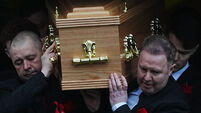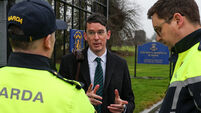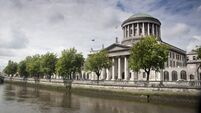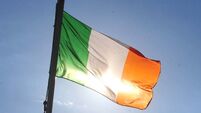Why Pride parades are as important today as they were 50 years ago
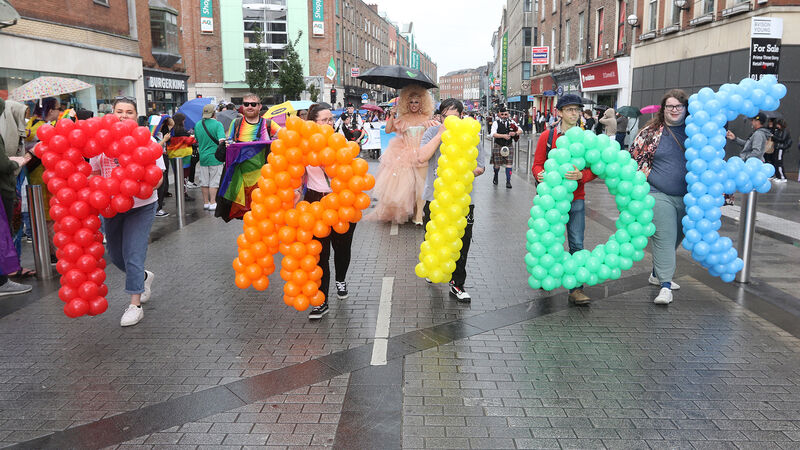
Pride marches are not just for the rights of LGBT+ people living in the Republic of Ireland, they’re also to highlight the prejudices faced by those with anti-LGBT+ laws in effect — where being LGBT+ can get you beaten, jailed, or even executed. File picture: Brendan Gleeson
Happy Pride! I hope the sun is shining as you head to your nearest parade, whether you’re doused in glitter and vibrant colours or opt to wear the discreet pin of your choice as you meander along the parade’s route in a show of support. I’ve been in both camps and the experience has always been worthwhile.
However, this article isn’t for you, because be it for fun, as an act of defiance, or as a show of support for your LGBT+ friends and family (yes, you’re invited too), you know why you’re marching this Pride.




